"I like to think of it like a Viking ship" – the Label Manager of Marshall Records tells us what it's really like to work for a label that’s very foundation is supporting artists and the music they create
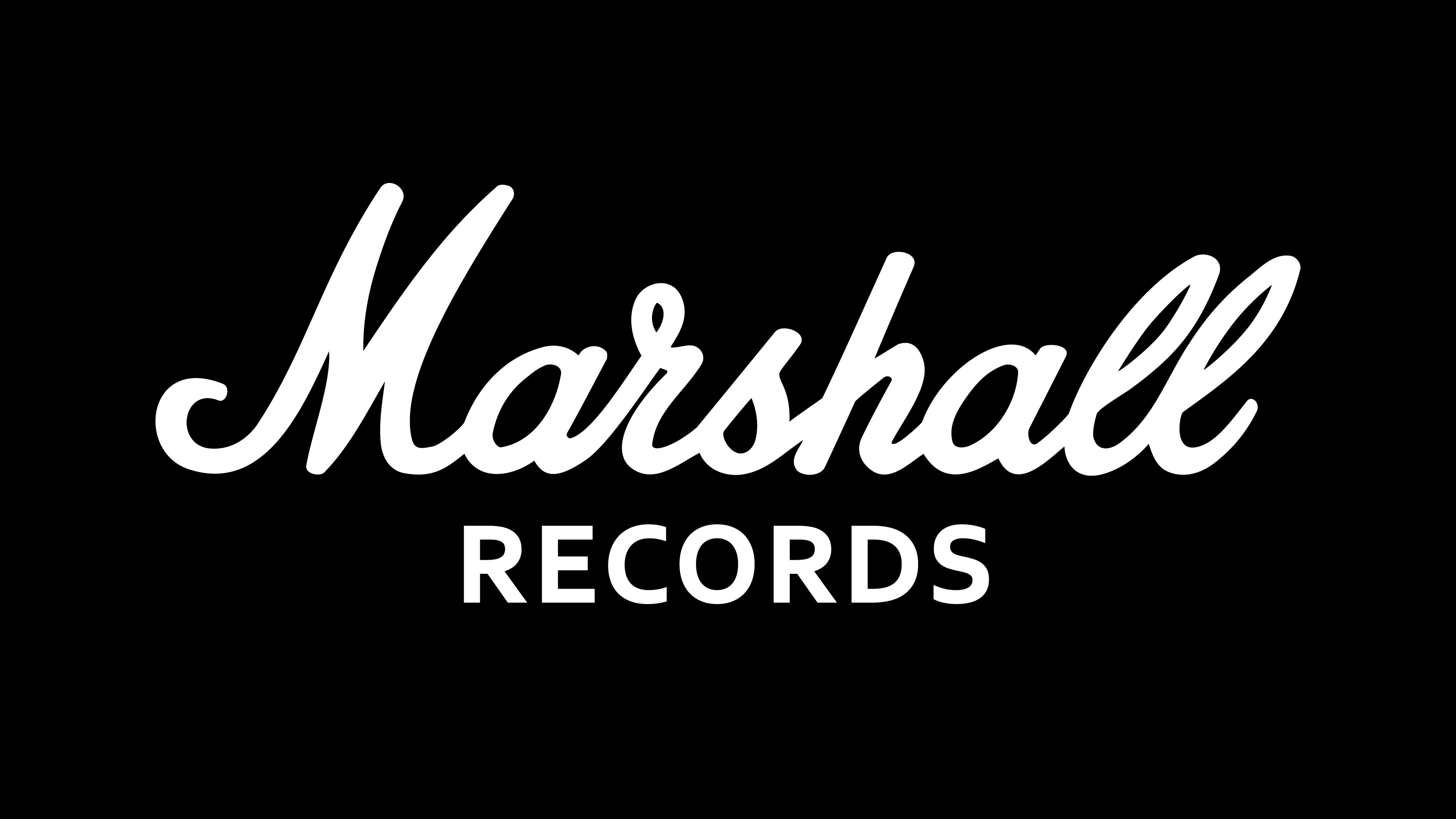
You may know Marshall as a legendary amp company but they're much more; a music brand with a record label that's the home of established and fast-rising international artists including Therapy?, Nova Twins, Laurence Jones, D_Drive and Kid Bookie.
Marshall Records Label Manager Peter Capstick helps coordinate the signing, recording, promotion and support that are vital to running a successful record company. But like a lot of us, he was once a budding teenage musician. So how did Peter get here, what does his job actually involve? And how can someone get into the industry to work for and be signed by a record label? Let's find out!
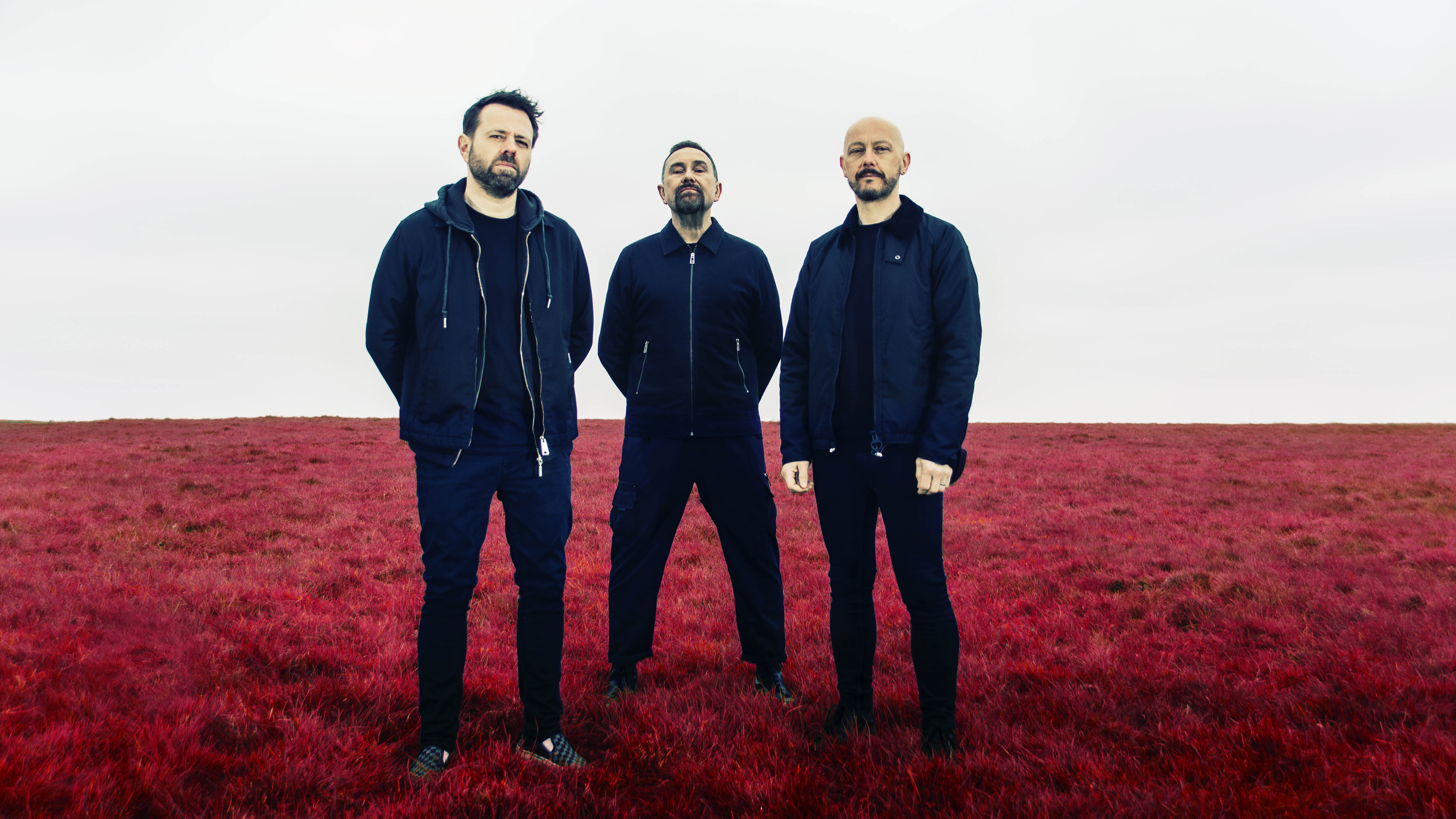
"Another big part of my role is look to the future and plan how we are going to take what artists are creating further"
How would you describe your job? What are some typical tasks for you?
"I’d say that I act as the hub, being involved in all the operations of the label. Day-to-day I am talking with our artists, distribution teams, our in-house promotional teams, radio teams, creatives, publishing partners and our international network. I’ll be co-ordinating everything from recording and getting masters delivered through to it being available to the public.
"Another big part of my role is look to the future and plan how we are going to take what artists are creating further. In some cases, when I have these conversations, there won’t be any immediate tasks for me to do and it’s more a case of being presented demo recordings. And in those situations, I’ll have to go away, listen to the track, and start to think big picture about how we move that song on to the next step.
"I’ll also spend quite a bit of time looking at data, and that can come from streaming platforms, physical sales, or social media engagement."
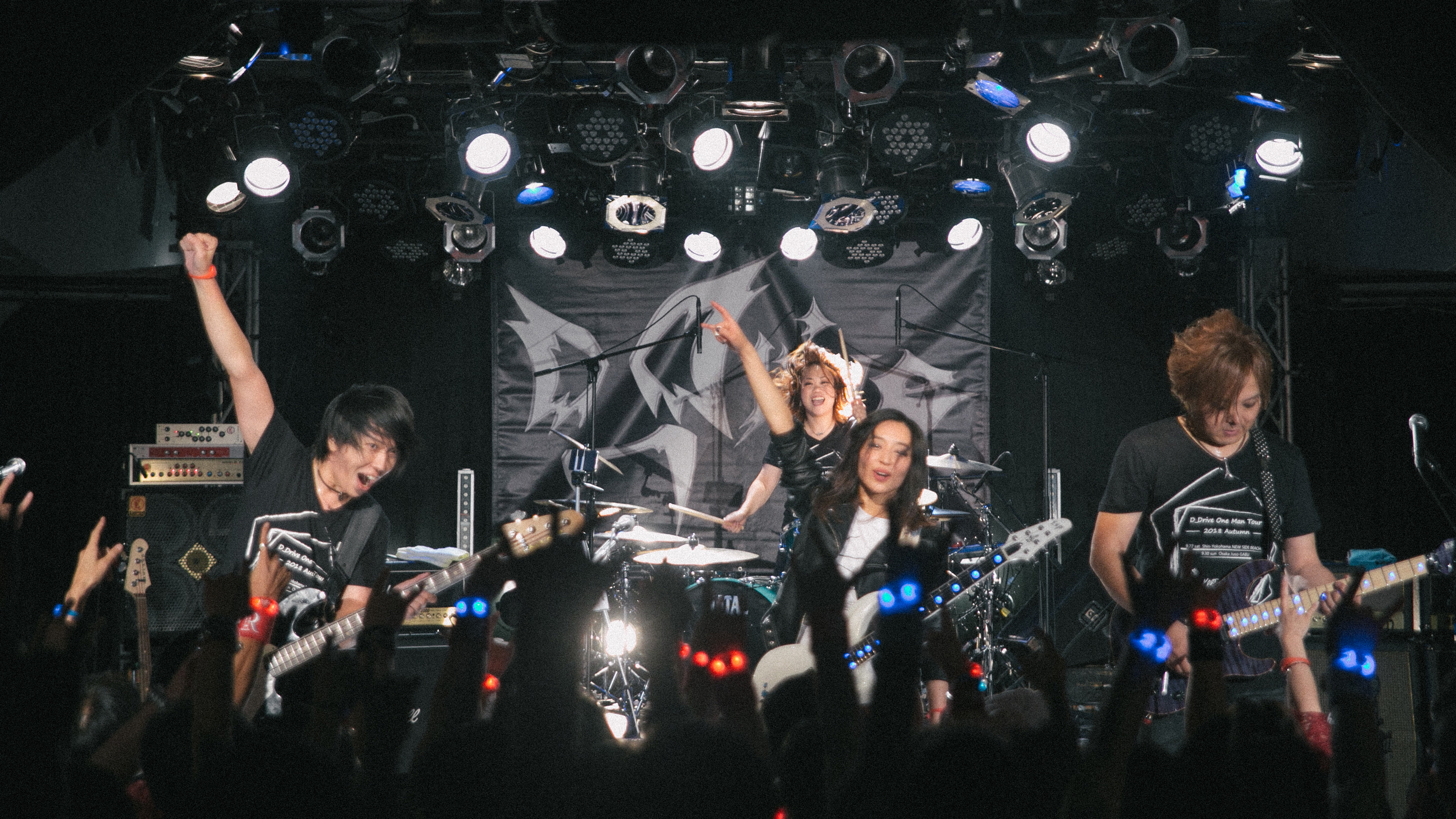
Seeing our bands playing so many festivals, headline shows, and support tours is always a great feeling
What part of your job do you love the most?
"I really enjoy communicating with our teams: artists, management, distribution, marketing, promotion, and everyone in between! We all have our own set roles to then produce something amazing at the end.
"I like to think of it like a Viking ship, everyone has an oar, and we all need to make sure we’re working together and communicating to make sure that we’re each getting our little bit done to ultimately get to the same end point. So, really the people are my favourite part of the job."
Do you have a career highlight?
"At the time of this interview, I think having charting albums with Therapy? and Nova Twins has certainly been up there, we’ve all been really proud of that! But seeing our bands playing so many festivals, headline shows, and support tours is always a great feeling."
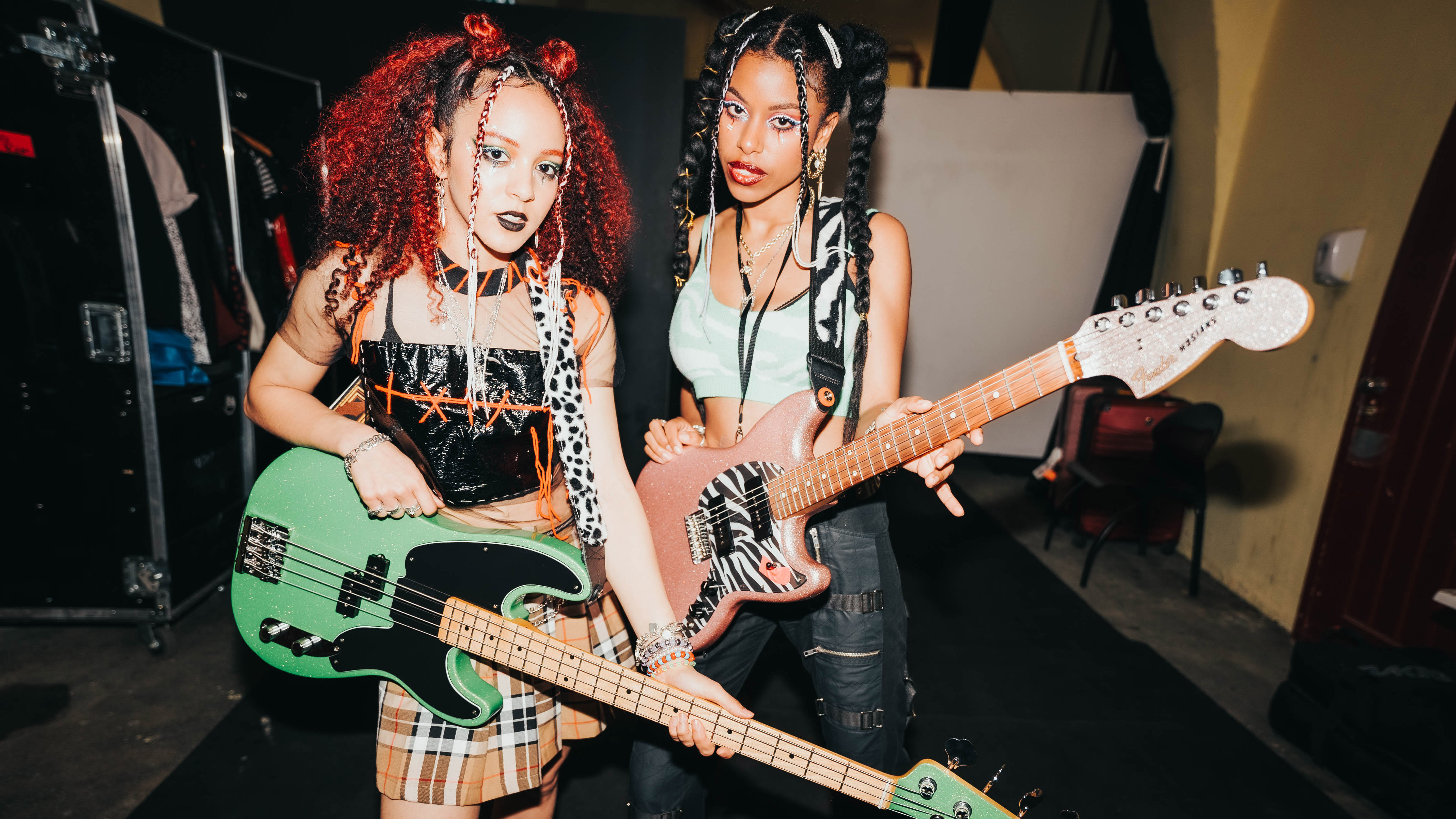
Looking back, it was definitely from being in bands and discovering what aspects of it I enjoyed that I got into this role
How did you get into your role?
"I was always in bands when I was a teenager right up until I moved away to study. It all sort of stopped then, but when I came back home, I joined another band and that’s when I realised that I actually really enjoyed all the behind-the-scenes stuff. The administration, organisation that side of being in a band appealed more to me than playing on a stage.
"In that sense I guess I kind of fell into really. That’s when I began trying out a few things for the band that I was in, like getting some of the music up online, getting some CDs made that we’d sell or running a social media page, sometimes even getting pieces out to press. That became my focus really for the band when the other guys would tend to focus more on booking shows and things like that.
"From doing that and through working things out with my own band I was able to help out a few friends who were also in bands. I’d help them to get their music online as well as hand-making cassettes that we’d sell to friends and were even stocked in a few local stores, it wasn’t a case of us making any money, but we also probably didn’t lose any.
"Looking back, it was definitely from being in bands and discovering what aspects of it I enjoyed that I got into this role. Then the opportunity at Marshall came up and that’s been my first job in the industry."
It’s a challenge to channel an artist’s enthusiasm and passion and to be able to put it in a way it can fit within the process of the music industry
What’s been a challenge that you’ve faced in this role and how did you overcome it?
"Everyday there are challenges – because you’re dealing with art, and you’re dealing with something that’s so subjective. .
"Once you’ve overcome that, you then have the challenge of going to the radio promoter or distributor etc and getting them to love the music as much as you do and trying to get them to see what’s behind the music, and the enthusiasm that’s gone into the creation of what they’re listening to. How I’ve learnt to overcome that myself is to be as enthusiastic as the artists are about their music and by being the best version of myself that I can be to be able to convey the passion and message of the music to these people."
What made you want to work in the music industry?
"Like I mentioned before, growing up I was always in bands and it’s so much fun. There’s nothing like music, it’s the best; there’s such a variety with so many people involved. I might be biased saying this but it’s probably the most mainstream art form, I don’t know anyone who doesn’t want to listen to music.
"That’s what made me want to start in the industry but now I’m in and I’m working within it, I’ve learnt that it’s exciting, challenging and rewarding all at the same time, with no part outweighing another, which is exactly what you want from a job."
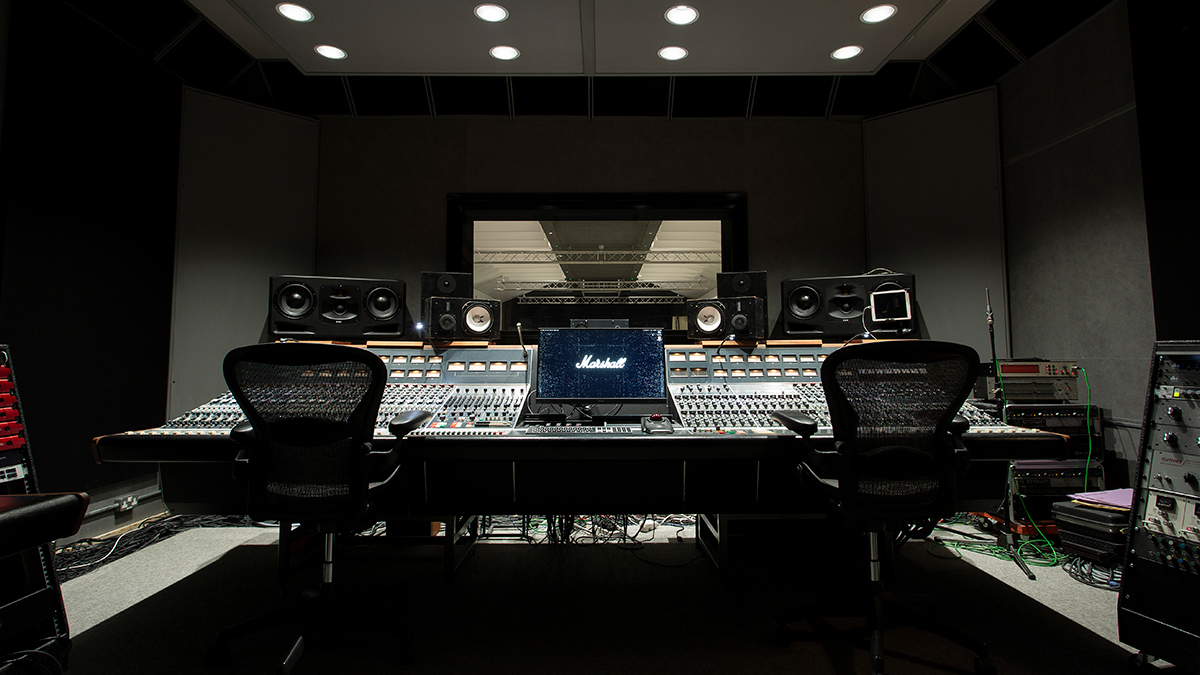
Peter explains what he looks for in a potential artist for Marshall Records
"It’s always the music first," he explains. "Of course, the music has to be good but there are a lot of other key elements that goes into making an artist successful. Some of the things I personally look for are:
Good music
"That’s a given. My job would be impossible if I didn’t believe in the music that I’m trying to get other people to listen to."
Passion
"Like I mentioned before, the passion and enthusiasm are what sells a song. It is what the song is all about."
Work ethic
"All artists will need to either be working hard or have the drive to work hard, depending on where they are on their creative journey."
Openness
"Once they’ve written and recorded a track, they need to be open to people giving their opinions and suggesting changes and giving direction."
What is a skill that you think is essential to your job?
"You have to be able to talk to people. That is critical to success or failure within the job. There’s also a lot of other skills that you need like organisation, time management, design and more, but the communication element is make or break. Not just be able to talk to people and have a conversation with them but also be able to communicate deadlines effectively and have efficiency in your communication."
Do you think that this skill has come naturally to you or is it something you’ve developed from your time in the role?
"I’ve always been quite a good talker I suppose. I think it’s professionally developed from my time at work, but overall, it’s not something that I've had to learn completely."
What advice would you give someone looking to start a role in the music industry?
"Pay attention to everything. Absorb any information around you, as much as you can. That is without a doubt the best thing you can do for yourself. As much as I am a good talker, I’m an even better listener, I’ll sit and won’t say anything because I’m just trying to take in what’s happening and what’s being said.
"The best way to learn is through listening and gaining experience, that’s the only way you’re going to better yourself. A lot of people, in every job I’ve ever been in, are always very quick to offer up a hot take before really thinking about what their stance is or how much information they have."
No matter what band we are working with, we always have to sit down and think… where are we?
How would you summarise your job in one word?
"Fun."
Why?
"I just have a lot of fun doing what I do. I'm constantly working with fun people. The work is hard but the best way to combat that is to have fun whilst doing it. My mum always used to say, ‘if you don’t laugh, you’ll cry’ and I’ve found that to be very true! It’s definitely the best remedy for hard work."
You sign an artist to Marshall Records. What happens next?
"It’s really dependent on where they are with their career. If we sign a developing artist onto our roster, we have a look at where we’re at, we analyse their place in the market, everything that has happened so far and establish what their goals are and what they want to achieve. From that we can start to lay out a plan. This plan includes establishing, what it is they want to do, where they want to be, what look they want, what genre they want to be classed as. Once we’ve established all of that we can start to think of people we can get in touch with and work with to help to achieve this.
"From there, it’s all dependent on how far along the artist is in terms of development. They might have already written some tracks; they might just need a video recording and distribution plans putting in place. It might be a case of getting them started and getting some time in the studio to get a track recorded and work from there. No matter what band we are working with, we always have to sit down and think… where are we? Where do we want to be? How do we get there?"
- For more info on Marshall Records visit marshall.com and Instagram
Want all the hottest music and gear news, reviews, deals, features and more, direct to your inbox? Sign up here.